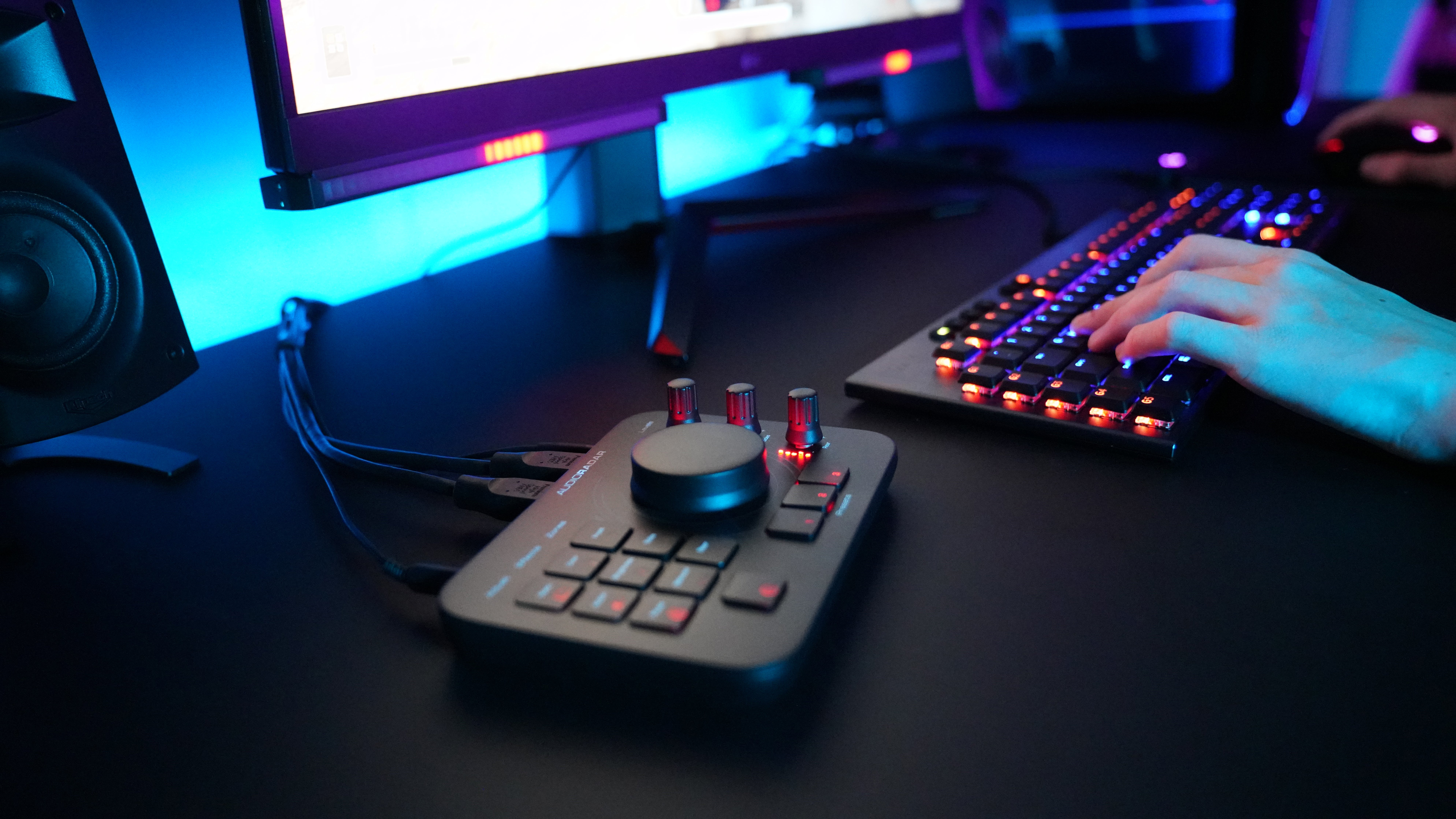3D games, especially multiplayer shooters and battle royales, often grant huge advantages to those who can listen out for and accurately parse the location of sounds like footsteps and distant gunfire. It’s therefore easy to see how for those with hearing problems, such design puts them at an equally sizeable disadvantage. Audio Radar aims to level the field a little by giving these sounds a visual indicator, so anyone can tell if, say, a baddie is creeping up on their left, or is shuffling around behind a certain door. YouTuber Ahnestly posted footage of the lights in action: The strips use RGB LEDs that can be customised for colour and brightness, and connect via a control hub to an HDMI 2.1 port on your graphics card. Audio Radar uses 7.1 surround sound data to detect and visualise where sounds are coming from, hence the need for a connection with audio transfer, though you can use it regardless of whether you choose HDMI or DisplayPort as your monitor connection. There have been similar attempts to improve accessibility by providing visual markers to in-game noises, like Asus’ Sonic Radar, which adds an actual radar-like overlay and damage indicator-style arrows to point out where vital sounds are coming from. Audio Radar’s approach seems worth trying too – it also denotes directions, but by sticking the LEDs to the monitor bezels, it keeps the screen itself clear of additional visual clutter. There are limits to the tech, however. As Audio Radar relies on 7.1 surround sound data, games that support this standard – including PUBG and Call of Duty Cold War – should work, but those that only support 5.1 surround sound seemingly won’t have specific sounds picked up. Ahnestly noticed this in Counter-Strike: Global Offensive, where multiple LED strips would light up at point-blank gunfire but couldn’t track moving footsteps like they could in PUBG. Even so, it all seems like a worthwhile idea. That shouldn’t be taken as an endorsement of the Indiegogo campaign – buying into any crowdfunded product carries its risks – but if you do want to back it, you can do so when it launches next week. Pricing is to be confirmed, though Airdrop Gaming founder Tim Murphy tells me they’re “targeting” $379 at retail and $299 for Indiegogo pre-orders.
